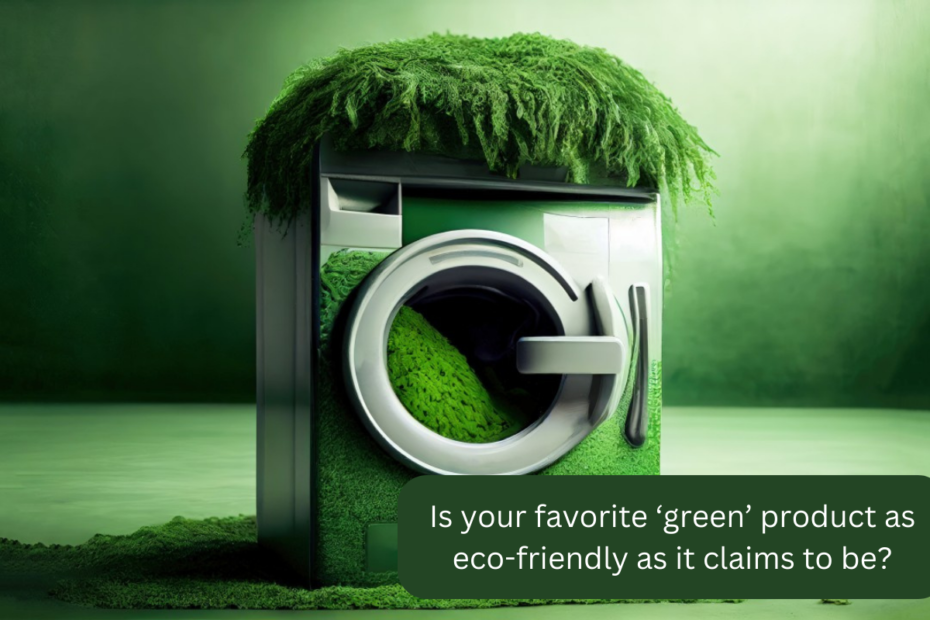In an environmentally conscious world, “green” items are popular with consumers seeking sustainable choices. Eco-friendly products like reusable water bottles and biodegradable cleaning supplies promise to reduce waste and environmental damage.
Is your favorite ‘green’ product as eco-friendly as it claims to be?
However, many green products may not be as environmentally benign as they promise. The materials, production techniques, and life cycle of these things must be examined to determine their sustainability.
1. Reusable Water Bottles
Environmental Claims: Many businesses claim stainless steel or BPA-free polycarbonate bottles as sustainable alternatives to single-use plastics.
Consistently using reusable water bottles reduces plastic waste. BPA-free plastics are healthier, but stainless steel is stronger and recyclable. Energy-intensive stainless steel production is possible.
2. Cleaners Made Naturally
Biodegradable and non-toxic components are common in “natural” and “green” products.
Many natural cleaning products are eco-friendly, but not all are. Some contain dangerous synthetic scents and preservatives. USDA Organic and EcoLogo certifications help shoppers choose eco-friendly products.
3. Organic Cotton Clothing
Eco-Friendly Claims: Organic cotton uses no pesticides and promotes better growing techniques.
Organic cotton has a lower environmental impact than conventional cotton, especially in pesticide use and soil health. Cotton growing still uses a lot of water. Manufacturing techniques also affect carbon footprint.
4. Biodegradable trash bags
Many businesses provide biodegradable or compostable trash bags as an eco-friendly alternative to plastic bags.
See more: Nat Geo Top Picks
Reality Check: Biodegradable bags breakdown quicker than plastic, but they need industrial composting facilities. Many wind up in landfills, where disintegration is sluggish.
5. Green Personal Care Products
Shampoo bars: bamboo toothbrushes, and natural deodorants claim to reduce plastic consumption and environmental impact.
Reality Check: Many of these items reduce plastic waste and utilise gentler materials. However, brand research is crucial. Personal care items may include microplastics or hazardous substances.
6. LED Bulbs
Eco-Friendly Claims: LED bulbs last longer and consume less electricity than incandescent and fluorescent lighting.
Reality Check: LED bulbs are the most energy-efficient lighting solutions, saving energy and money over time. However, production uses hazardous elements that can harm the environment if not adequately controlled.
